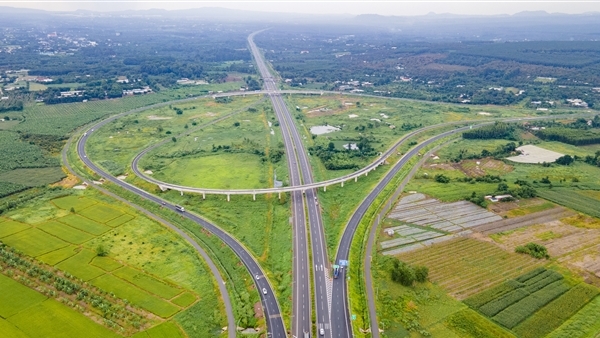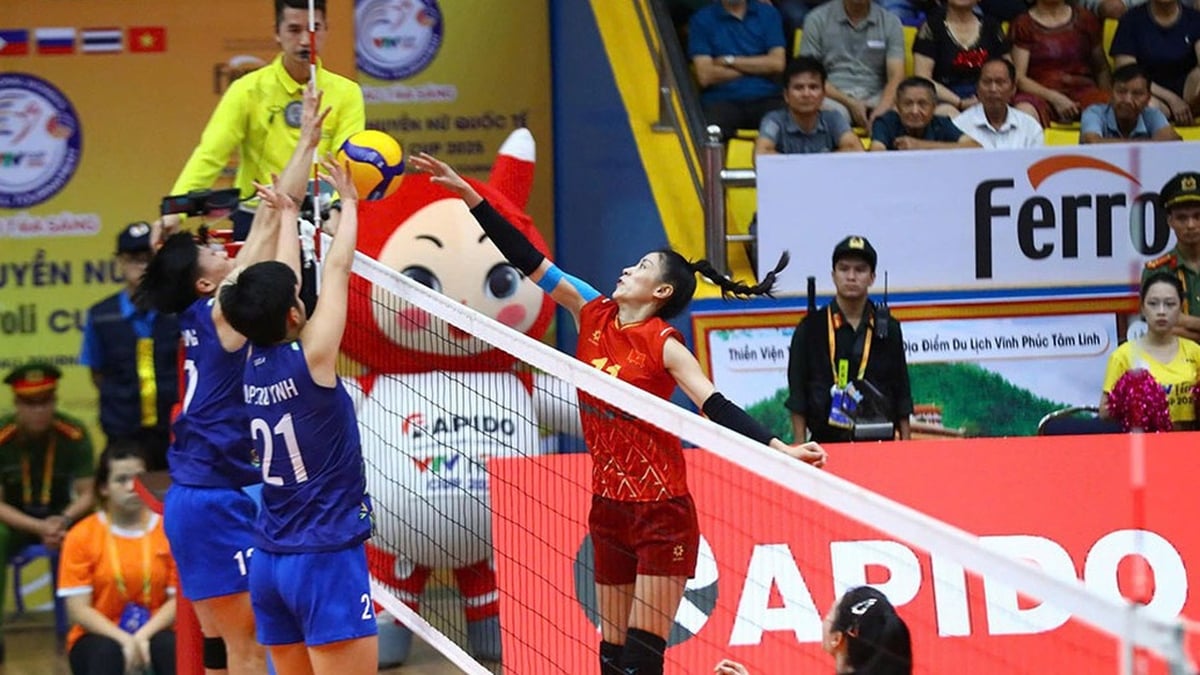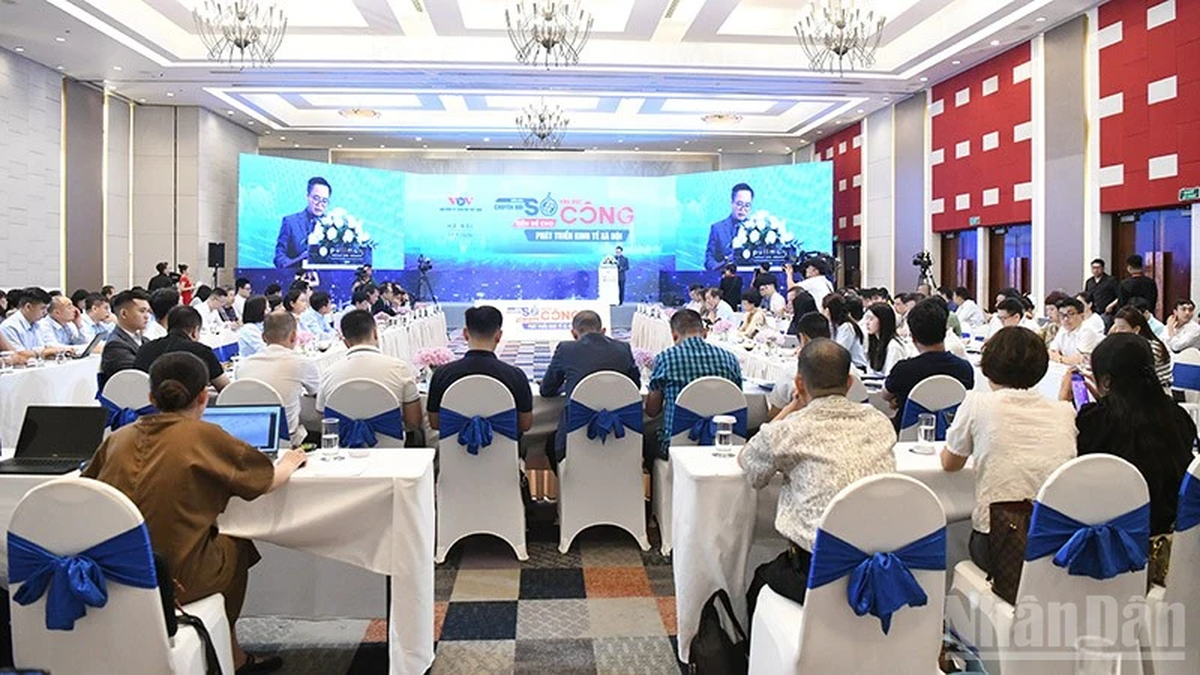Notably, enterprises investing in expanding the North-South Expressway under the public-private partnership (PPP) model will reduce pressure on the state budget, but may increase total investment.
Proposal not to use state capital
Currently, the State has invested in the construction of about 1,375km of the North-South Expressway with a scale of 2 to 4 lanes. Of which, 654km of Phase 1 (2017-2020) has been put into operation and 721km of Phase 2 (2021-2025) is under construction, expected to be completed in 2025-2026. Due to limited public investment capital, many sections in the first phase are only divided into 2 to 4 lanes, not meeting traffic demand, posing a risk of traffic congestion and traffic safety. Faced with this situation, the Government has directed the Ministry of Construction to study a plan to expand the North-South Expressway in the East to 6 lanes, striving to start construction of a number of component projects in December 2025.

Implementing the Government's direction, the Ministry of Construction proposed two investment options to expand 15 North-South expressway component projects. Option 1, the North-South expressway routes are combined into one project for investment with a total length of 966km and a total investment of more than VND128,290 billion. With option 2, the Ministry of Construction proposed to combine into two projects. Of which, project 1 includes 8 component projects from Mai Son to Cam Lo with a length of 415km, total investment of VND54,180 billion. Project 2 includes 7 component projects from Quang Ngai to Dau Giay with a length of 551km, total investment of VND74,110 billion.
Currently, there are 6 domestic investors proposing to invest in expanding the North-South Expressway from 2-4 lanes to 6 lanes under the PPP method, including: Deo Ca Group, Son Hai Group, Phuong Thanh Traffic Construction Company, VIDIFI, VEC, Rang Dong Joint Stock Company. And most recently, Xuan Truong Enterprise. Specifically, this unit proposed to implement the project under the PPP method, BOT contract, combining equity and commercial loans, not using state budget capital. The enterprise committed to arranging finance, personnel, equipment to implement on schedule, fully complying with regulations on investment, construction, environmental protection and traffic safety.
Financial capacity of domestic enterprises remains a barrier
In the context of limited budget and the need to focus on high-speed railway projects, urban railways and infrastructure development in remote areas after 2025, many experts believe that mobilizing private capital to invest in transport infrastructure is a reasonable and sustainable solution. Not only reducing initial investment costs, PPP also helps the state budget not have to pay for road operation and maintenance. According to Mr. Nguyen Viet Huy, Deputy Director of the Vietnam Road Administration, when applying PPP investment, the state will assign investors to operate and maintain the project under a contract from 10 to 20 years and collect fees to recover investment capital. Enterprises are therefore motivated to build good quality works to reduce repair costs later...
Besides the advantages, PPP investment also has limitations. That is, the total investment of the project may increase compared to public investment due to the addition of borrowing costs and profits for investors. According to analysis by some experts, with a loan interest rate of about 8-9% and the investor's profit of about 11% of equity, the total investment of a PPP project often increases by about 10% compared to a public investment project of the same scale. To compensate, the project may have to extend the toll collection period, which will directly impact highway users. In addition, the financial capacity of domestic enterprises is still a barrier. Most investors currently have equity capital of less than VND10,000 billion, while regulations require equity capital of at least 15% of the total investment. For large-scale projects, the capital problem is still a big challenge for the private sector.
Mr. Tran Chung, Chairman of the Association of Investors in Transport Works, said that the private sector has many advantages in technological innovation, optimizing construction organization and applying modern equipment to improve investment quality and efficiency. The proposed enterprises have all demonstrated their capacity through practical projects. To overcome the above concerns, the Chairman of the Association of Investors in Transport Works proposed dividing the North-South Expressway into component projects with a total investment of about 30,000 billion VND each to suit the current financial capacity of domestic investors.
Source: https://cand.com.vn/Giao-thong/du-an-mo-rong-cao-toc-bac-nam-hut-nha-dau-tu-i774410/





































































































Comment (0)